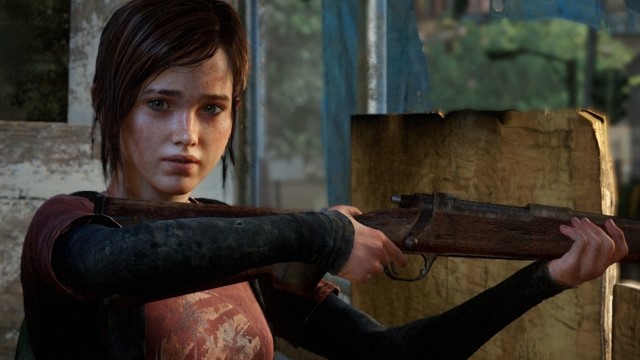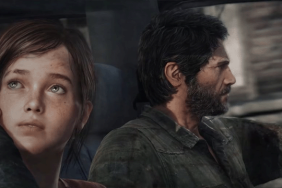The Last of Us director, Bruce Straley, had a bit of a pop at Red Dead Redemption 2‘s story missions on Twitter. He suggested that Rockstar’s western seems intent on delivering “epic moments” in its story, often ignoring player choices to the point that it feels like players are chastised for acting on their own initiative. Straley left Naughty Dog in 2017, having overseen work on The Last of Us, Uncharted 2, and Uncharted 4.
Straley tweets were in reference to the story mission in Red Dead 2 that sees players shooting up the Braithwaite mansion. The mission, Straley argued, was set up in a way that “punished me for thinking for myself instead of rewarding me.” He goes on to say that his comments should be seen more as a reminder to himself that games should always look to “honor the mechanics & opportunities we’ve afforded the player.” Other tweets joined in with Straley’s initial thoughts, with many lamenting the Red Dead 2‘s apparent disconnect between mission paths and player freedom.
Anyone familiar with Straley’s work at Naughty Dog will probably be choking a little after those comments. Because there’s a slight tinge of irony to what Straley accuses Rockstar of doing, with the likes of The Last of Us, and the entire Uncharted series being guilty of those same issues as the developer is renowned for creating excellent, yet wholly linear experiences. You could argue that given the different makeup of Rockstar’s games compared to those from Naughty Dog, there are different rules attached but the whole thing has a distinct feeling of stones being thrown at glass houses.
Straley, having left Naughty Dog, obviously isn’t working on the team overseeing The Last of Us Part II, though the game has been rumored to be gearing up for a release this year and we’re now expecting total player freedom from Naughty Dog this time around.
The game killed me when I tried to flank in that mission – like so many RDR2 story missions. They need me to do what the story requires & continually remove my choices. The env was open & I had the skills, but they punished me for thinking for myself instead of rewarding me.
— Bruce Straley (@bruce_straley) January 14, 2019










